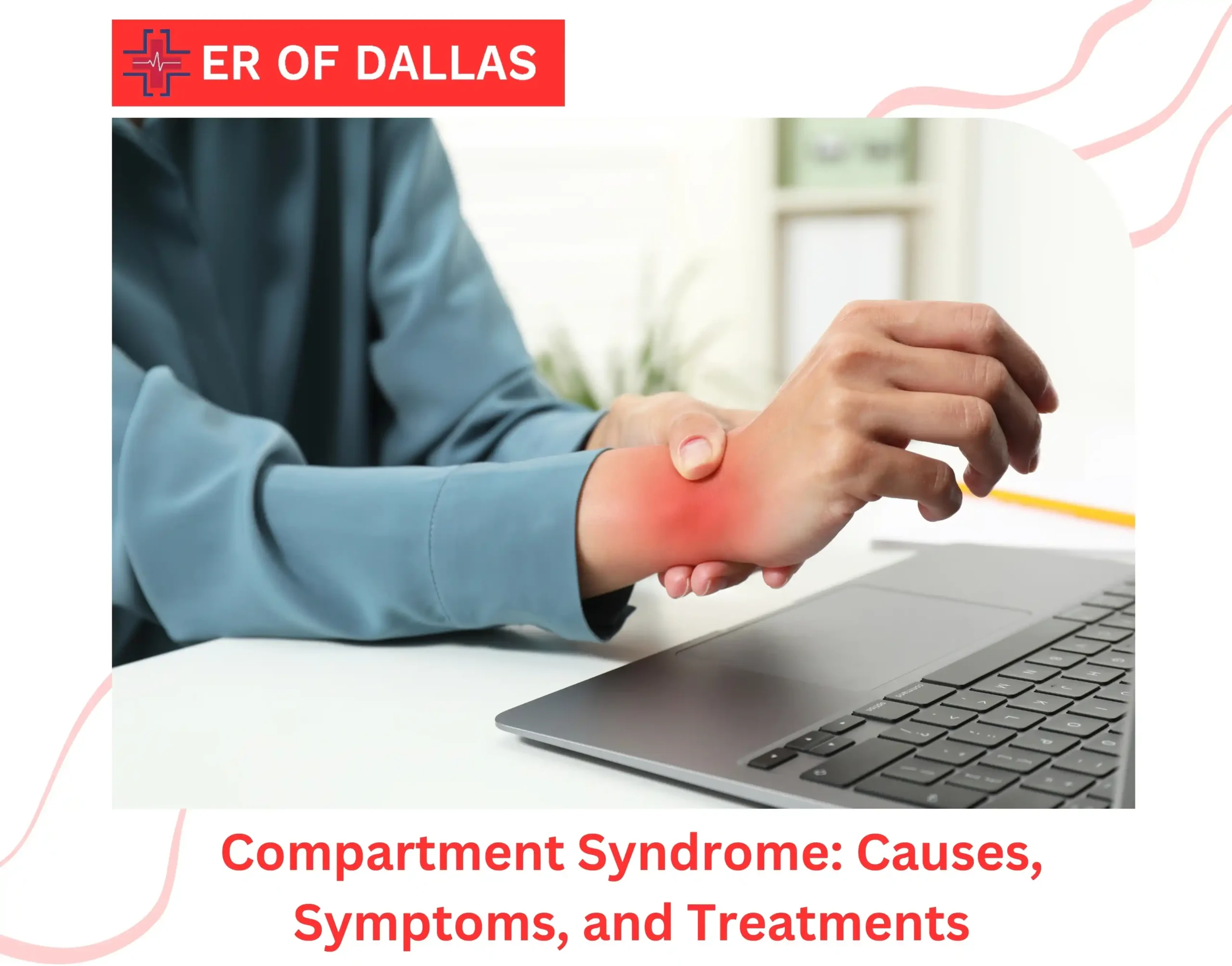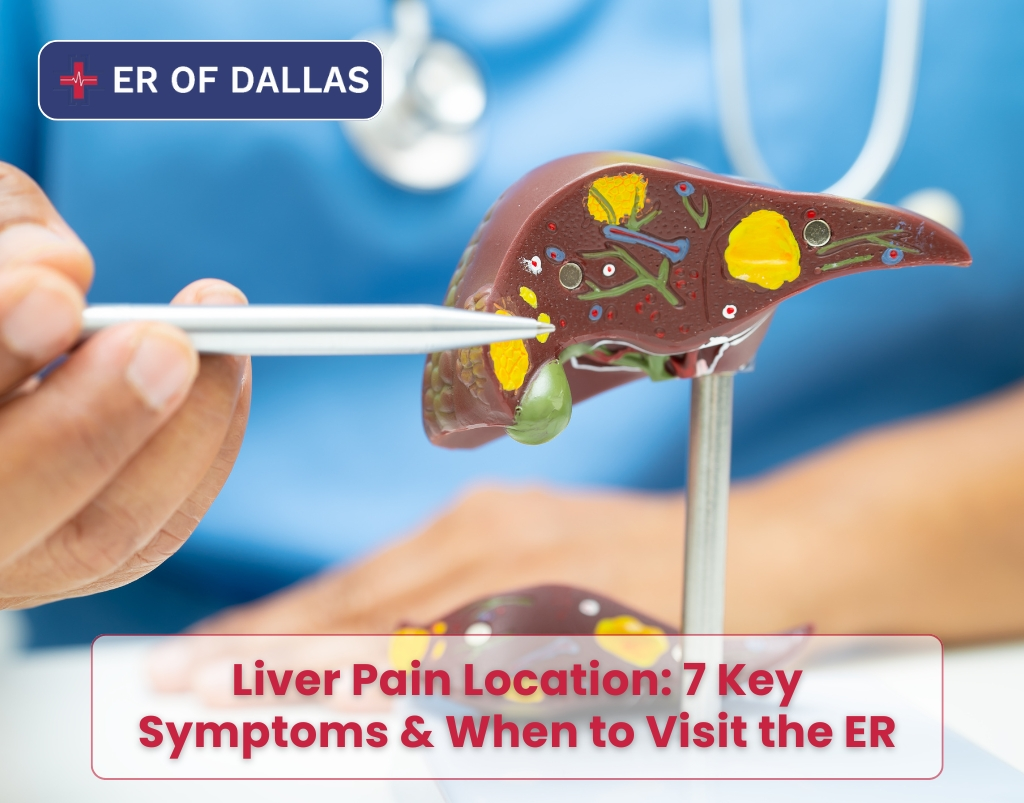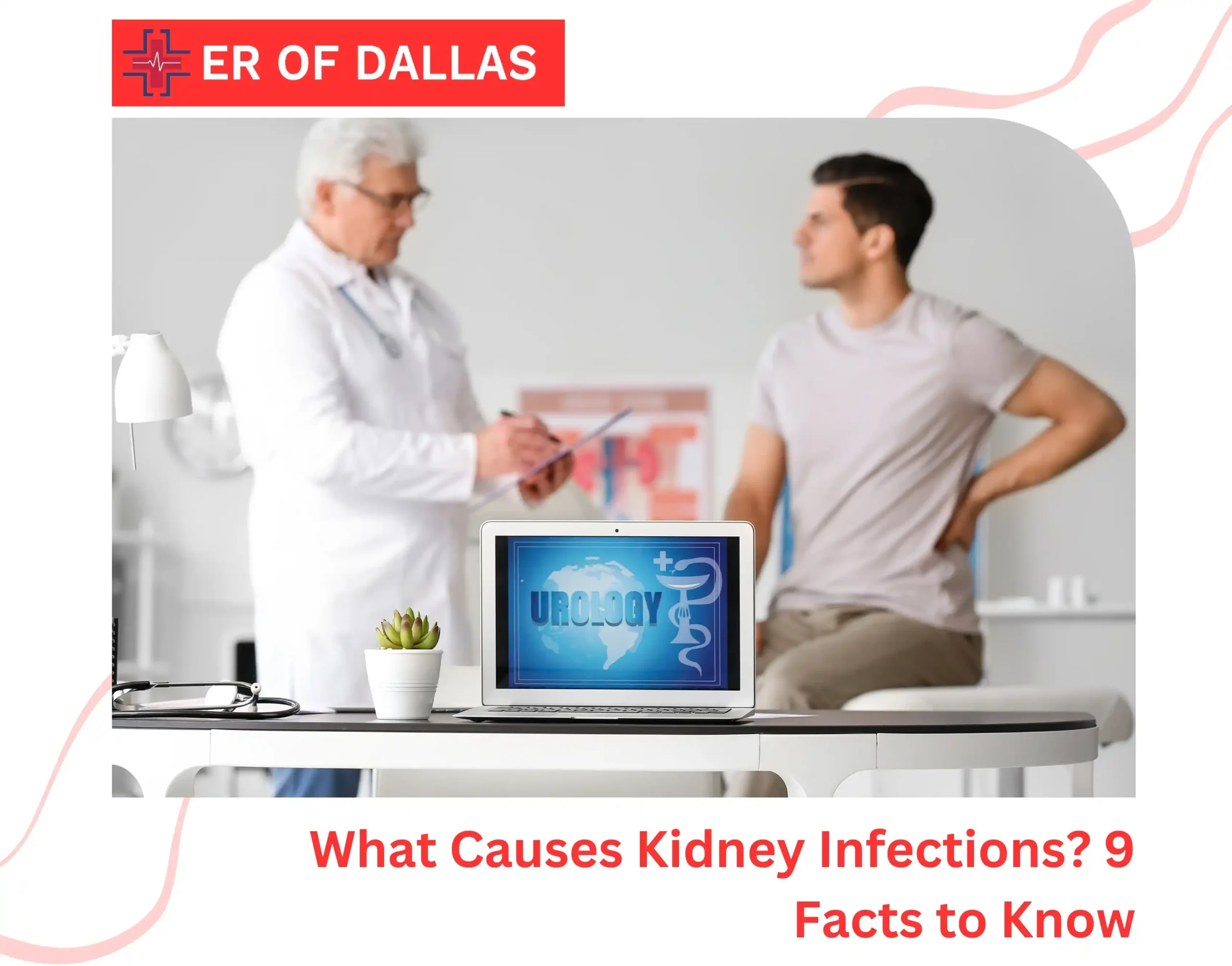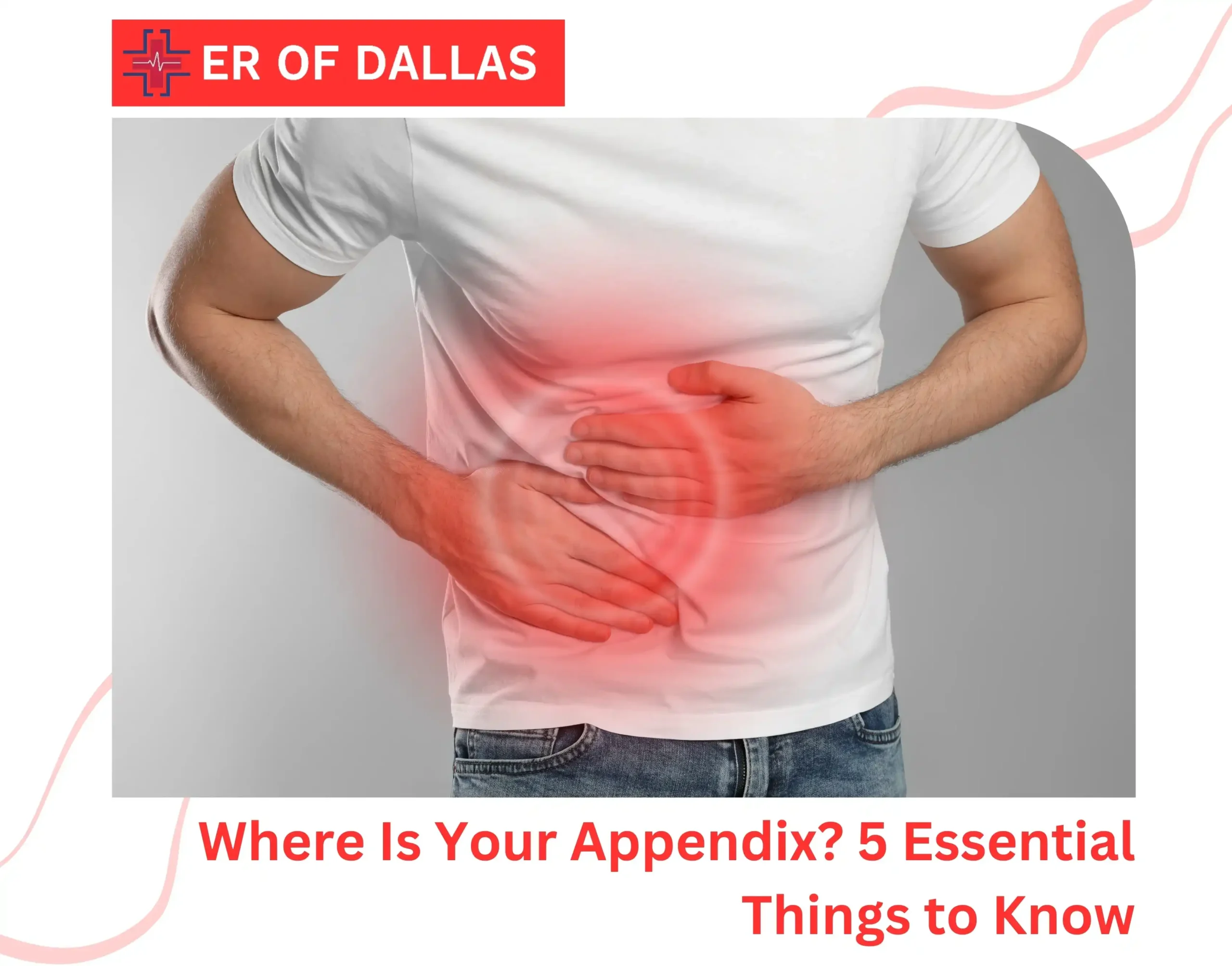If you’ve ever watched a film in which an entertainer suffers from heart pain, you’ve possibly witnessed them grasp their torso, eyeballs rolling back, moaning in solemn agony before they faint and pass out. Heart attack symptoms can be mild to severe, and sometimes they can be a sign of a long-lasting medical condition.
If you’re having heart attack signs, you already know to call 9-1-1 immediately. In case when you do not experience a clear indication of sudden chest discomfort that everyone can recognize, it could be challenging. It is known as silent angina. Although it is not dangerous, it can do damage.
Signs Heart Attack
A heart attack can be silent and sometimes go unnoticed. A silent heart attack can cause much damage to the human body. However, below we will discuss some of the four primary indications of heart attack that you cannot ignore.
1. Feeling Heaviness and Pressure
Many times, pain that starts due to heart failure is abrupt and robust, and this makes it simple to detect and get medical aid right away. But what if things are not simpler
Many heart attacks come with moderate discomfort, which focuses on the focal of your sternum. You may experience strain, pressure, or tightness. These signs generally begin gradually, and they may vanish and return periodically.
It is difficult to assess whether these signs are linked with some other heart issues or heart attacks. For instance, sometimes, it is a sign of heartburn. But in any case, you are the master of your body; if there is something that does not feel right, you can immediately consult a doctor.
2. Discomfort in Other Areas of Your Body
A heart attack not only impacts the cardiac region — you can sense the effects across different areas of your body. It can make the diagnosis of a heart attack problematic. You will undergo pain or distress in your shoulders, spinal region, neck, and abdomen. Chest pain is also one of the most commonly occurring symptoms of a heart attack. The indications usually depend upon the age and sex of the individual.
These signs can differ from one individual to another. For instance, many individuals explain their backache from a heart attack as a tingle like a cord that is gripping them. You may also feel a hefty squeeze on the vertebrae. So, if you are going through these symptoms, Enzyme Analysis Test is perfect as it can determine whether you had or still experiencing a heart attack.
3. Nausea and Sweats
Waking up sick and covered in sweat and vomiting resembles the sign of flu, but it is also possible that it is an indication of a silent heart condition. According to many doctors, heart failure and nausea are linked.
You might have experienced symptoms of the flu before, but if you have the slightest doubt that it is something else, then listen and act accordingly. Don’t ignore it and rule out symptoms such as flu, cold, or fever —they can be much more severe than you think.
4. Trouble Breathing and Light-headed
People often feel they have run a marathon, but you stroll up the stairway. This happens because the heart is not circulating and making enough blood to supply to other parts of the body. Difficulty in breathing can happen with or without abdomen discomfort, and it’s a frequent indication of the heart condition.
Sometimes you will feel disoriented or woozy — and there are chances that you could pass out. This heart attack symptom is observed both in men and women, but women are more likely to suffer from shortness of breath.
Common Heart Attack Tests
You’ll find many common heart attack tests. There are also many treatments for heart attack, which include angioplasty, heart transplant, etc. Here are a few of the tests that your physician will ask you to access the damage.
1. Electrocardiogram (ECG):
This first examination is conducted to diagnose a cardiac arrest and documents electrical stimuli as they advance toward the cardiac region.
2. Blood tests:
Certain heart enzymes gradually start entering your bloodstream. This test could determine the amount of those harmful proteins in your blood.












